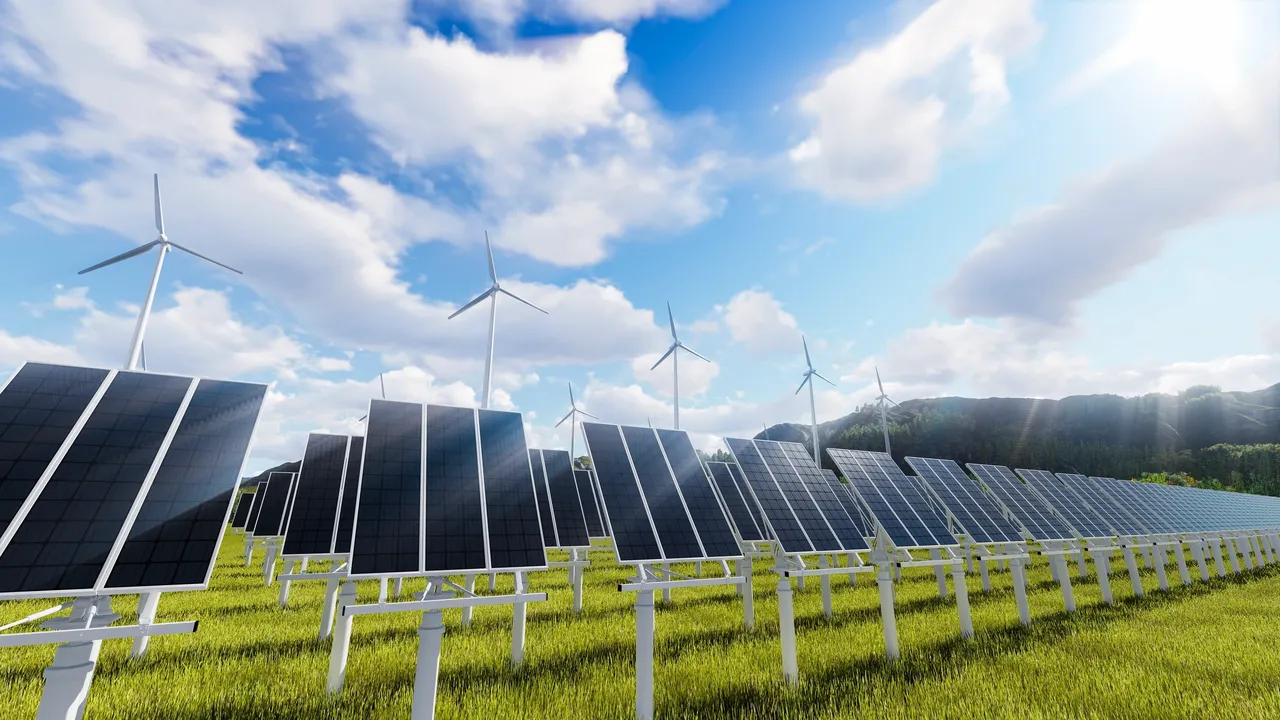In recent years, the environmental debate surrounding solar panels has become increasingly complex, with conflicting narratives and misconceptions clouding the conversation. At Fiesta Solar, we believe it’s essential to address these concerns head-on and provide clarity on the true environmental impact of solar energy.
The Positives:
🌱 Clean Energy Generation: One of the most significant advantages of solar panels is their ability to generate clean, renewable energy without emitting harmful greenhouse gases or pollutants. By harnessing the power of the sun, solar panels help reduce our reliance on fossil fuels and mitigate climate change, making them a crucial tool in the transition to a more sustainable energy future.
♻️ Minimal Carbon Footprint: While the manufacturing process of solar panels does produce some emissions, numerous studies have shown that the environmental benefits of solar energy far outweigh these initial impacts. Over the lifespan of a solar panel system, the emissions saved from offsetting fossil fuel-based electricity generation greatly exceed the emissions associated with manufacturing and installation.
🌍 Resource Conservation: Solar energy is derived from an abundant and inexhaustible resource – the sun. Unlike fossil fuels, which are finite and environmentally destructive to extract, solar power is renewable and can be harvested without depleting natural resources or causing habitat destruction.
The Concerns:
🔋 End-of-Life Management: While solar panels have a lifespan of 25 years or more, eventually, they will need to be replaced. Proper end-of-life management is crucial to ensure that old solar panels are recycled or disposed of responsibly to minimize environmental impact. Fortunately, the solar industry is actively developing recycling technologies and strategies to address this challenge.
💧 Water Usage: The manufacturing process of solar panels does require water, primarily for cleaning and cooling purposes. While this water usage is relatively low compared to other industrial processes, it’s essential for manufacturers to implement water conservation measures and adopt sustainable practices to minimize their water footprint.
🏞️ Land Use and Habitat Impact: Large-scale solar installations can occupy significant land areas, raising concerns about habitat disruption and land use conflicts. However, innovative solutions such as dual land use (e.g., agrivoltaics) and careful site selection can mitigate these impacts and even provide co-benefits such as enhanced biodiversity and soil conservation.
At Fiesta Solar, we recognize that no energy source is without its environmental trade-offs. However, we firmly believe that the benefits of solar energy far outweigh its drawbacks when it comes to mitigating climate change, reducing air pollution, and promoting sustainable development.
As the solar industry continues to evolve and innovate, we remain committed to advancing environmentally responsible practices and technologies that minimize our ecological footprint and maximize our positive impact on the planet. Together, let’s work towards a cleaner, greener future powered by the sun. #FiestaSolar #SolarEnergy #EnvironmentalDebate #Sustainability 🌞🌱🌍


Comments are closed